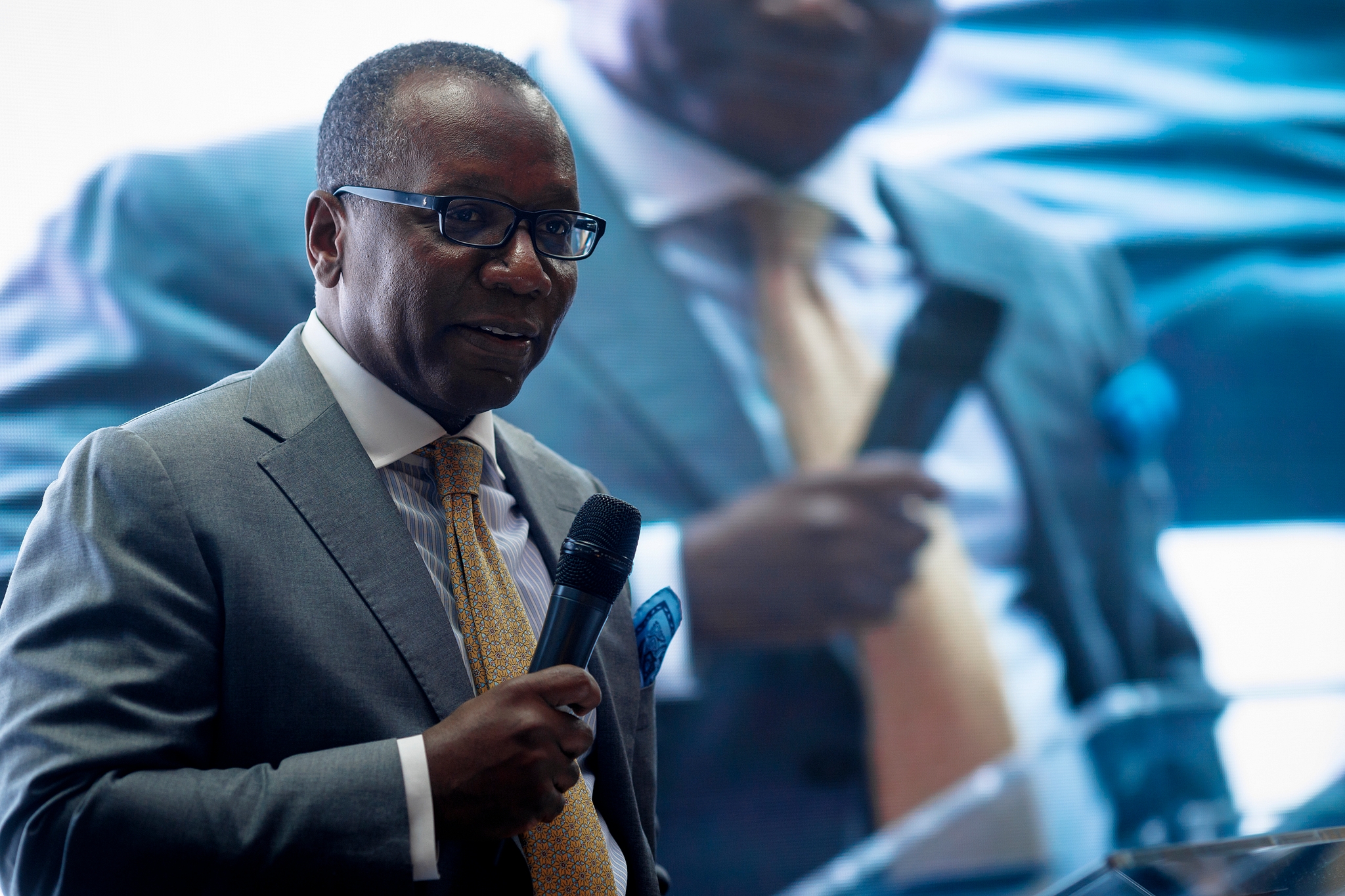
Africa continues to lose billions of dollars by exporting
raw commodities instead of processed goods, Ghana International Bank (GHIB)
warned at its flagship London forum, where central bankers, financiers, and
industry leaders charted strategies to drive value addition and strengthen
economic resilience.
The three-day conference, GHIBCONVERGE 2025, was held August
6–8 in the City of London under the theme “Rethinking Commodity Finance for
Growth.”
Discussions centered on how Africa could shift its
long-standing export model through innovative financing, regulatory reforms,
and deeper regional integration.
GHIB Chief Executive Officer Dean Adansi noted that Africa’s
export structure has remained largely unchanged for decades, with only 14
percent of goods leaving the continent as processed or value-added products.
“We are sitting on untapped billions in export revenues
because we continue to export raw cocoa instead of chocolate, raw gold instead
of refined bullion, and raw cashew instead of processed kernels,” Adansi said.
He proposed the creation of value-addition funds, expanded
structured trade finance for processing plants, and harmonised regulations
under the African Continental Free Trade Area (AfCFTA) to ease cross-border
movement of processed goods.
Buah Saidy, Governor of the Central Bank of The Gambia,
argued that refining commodities at source would not only increase earnings but
also stabilise African currencies.
“For too long, Africa’s commodity wealth has been exported
in its rawest form, leaving value and jobs offshore,” he said.
GHIB board member and former UK minister Lord Paul Boateng
placed Africa’s commodities in a global geopolitical context.
“Critical minerals, cocoa, gold — these are not just export
lines in a trade ledger. They are bargaining chips in a changing global order,”
he said, warning that Africa must leverage its resources strategically in the
race for battery metals and other critical inputs.
The forum also witnessed concrete outcomes. GHIB announced a
partnership with Vista Bank to expand trade finance offerings across West
Africa.
In addition, the inaugural Trader of the Year award
was presented to Edmund Poku, CEO of Niche Cocoa Industry Ltd., for scaling
local cocoa processing into global markets.
Closing the event, Adansi urged collaboration across sectors
and borders.
“The transformation will not be led by governments alone or
by the private sector alone,” he said. “It requires a coalition of committed
actors who see beyond short-term margins to long-term wealth creation for
Africa.”











